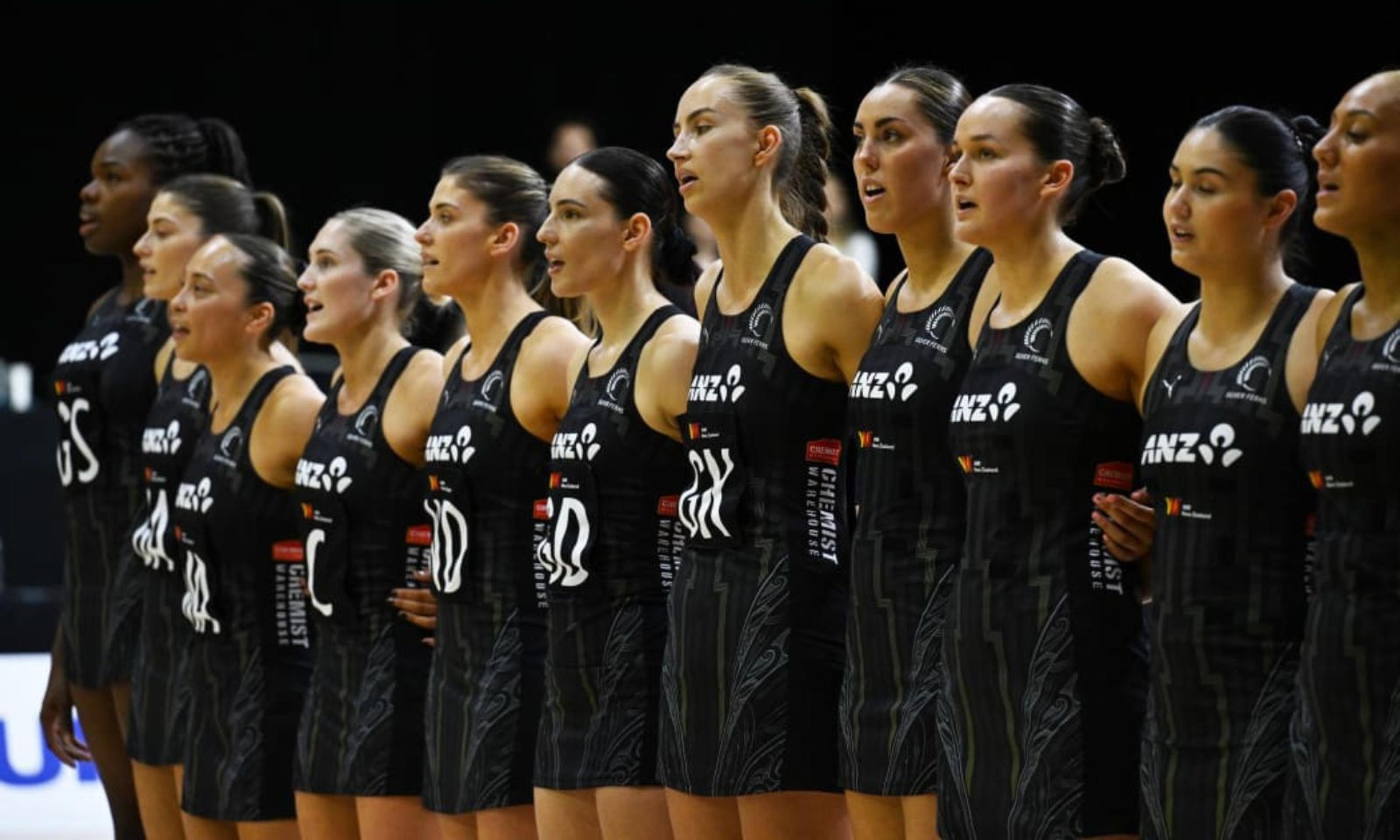

Labour deputy leader Carmel Sepuloni, left, and Veterans Minister Chris Penk discuss the importance of recognising Pacific contributions to military service on the eve of ANZAC Day.
Photo/PMN News
ANZAC: Call for greater recognition of Pacific Islands' contributions
New Zealand’s Veterans Minister to commemorate ANZAC Day in Niue, but questions remain over whether Pacific contributions to military service are being fully recognised.


Inked across lands: How Pacific tattoo art is thriving in Germany

US funding cuts threaten to 'dry up' future of Pacific scientists - expert



Inked across lands: How Pacific tattoo art is thriving in Germany

US funding cuts threaten to 'dry up' future of Pacific scientists - expert

As Aotearoa prepares to mark ANZAC Day, two political leaders from opposite sides of the aisle are united in calling for greater recognition of Pacific people's contribution to the country’s military history.
Veterans Minister and Associate Defence Minister Chris Penk will be in Niue to take part in official ANZAC Day commemorations. There, he will honour the service of Niuean soldiers who served alongside New Zealand in both World Wars.
“New Zealand shares a deep and enduring partnership with Niue in defence and security, forged through joint service and sacrifice in times of war,” Penk says.
During the First World War, about 150 Niuean men volunteered for the New Zealand Expeditionary Force, from a population of about 4000 people at the time.
Many were sent to serve in the New Zealand Pioneer Battalion. At least 15 of those men died in service.
In the Second World War, Niueans served as coast watchers, helping safeguard the Pacific during heightened threats.
Today, Niueans continue to serve in the New Zealand Defence Force (NZDF), including in the navy and army.
Penk says the sacrifices made by Pacific peoples are vital to New Zealand’s military story.
“Their sacrifice is etched into our shared history. Our relationship with Niue is anchored in this legacy of service and continues today through the dedication of Niueans in the New Zealand Defence Force.”

A group portrait of No 4 Platoon (Niue) 3rd Maori Reinforcements. Photo/P J Gordon/Alexander Turnbull Library, Ref: 1/2-042997-F.
The Minister will also meet with Niue’s Prime Minister, Dalton Tagelagi, and attend a village dawn service in the capital, Alofi.
While in Niue, Penk will also oversee efforts to correctly identify Niuean coast watchers who served in the Second World War.
The NZDF is matching names to historical photographs taken on Raoul Island, and two commemorative plaques are already in development. Penk is accompanied on the trip by NZDF Joint Forces Commander Major General Rob Krushka.
Speaking to William Terite on Pacific Mornings, Penk acknowledges that the meaning of ANZAC Day continues to evolve.
“It is not about glorifying conflict, quite the opposite,” he says.
“But the further we travel from the First and Second World Wars, the danger is that we lose the memory of what was sacrificed, not just by those who went overseas, but also by the families left behind.”
He says remembrance must now include not only historic battles but also the service of contemporary veterans and active-duty personnel.
“We need to acknowledge those still in uniform today and the ways the defence force contributes to New Zealand and the Pacific, including in disaster relief, search and rescue, and humanitarian missions.”
Labour Deputy Leader Carmel Sepuloni agrees.
Speaking on Pacific Mornings, Sepuloni says the contributions of Pacific communities have too often gone unrecognised in New Zealand’s national narrative.
“It is only in recent years that many of our community have learnt, or it has been taught, that our Pasifika community were engaged in World War One and World War Two in any way whatsoever,” she says.
“I did not realise the level of engagement our Pasifika community had. I do not think we have always taught or known the extent to which it is relevant to our community.”
Watch Chris Penk's full interview below.
Sepuloni says ANZAC Day has become more meaningful over time, especially for younger generations of Pacific New Zealanders who are now beginning to see themselves reflected in the commemorations.
“It is a very important time. And it has been awesome over the years, since I have been attending these events, to see the sheer numbers just increase. There is a general sense of respect for this occasion, for what has gone on, and for the people who have served our country.”
She says the current international instability is likely to deepen public reflection this year.
“There is a heightened sense of concern for what is happening internationally, which will make us reflect in a different way this year,” she says.
Penk agrees that New Zealand must remain visible and engaged in the Pacific, especially as global interest in the region intensifies.
“We are a Pacific nation, a maritime nation. Much of our domain is blue on the map, not green,” he says.
Watch Carmel Sepuloni's full interview below.
“We need to be a reliable, good-faith partner for our Pacific neighbours, friends and family.”
Penk also welcomes Sepuloni’s remarks about the need for greater recognition of Pacific service.
“Anyone who points out that we can do more to honour that historic service and sacrifice, I would agree with them,” he says.